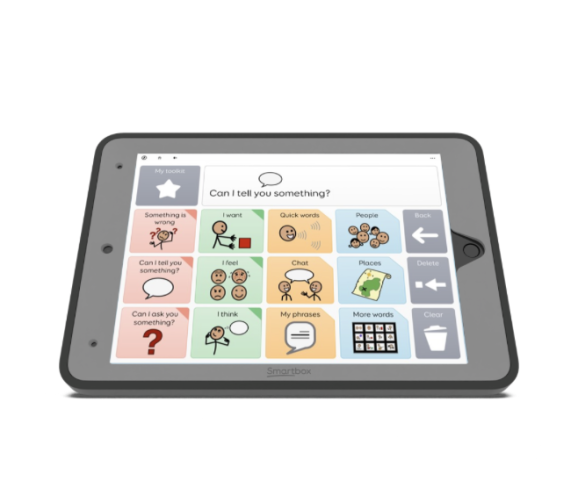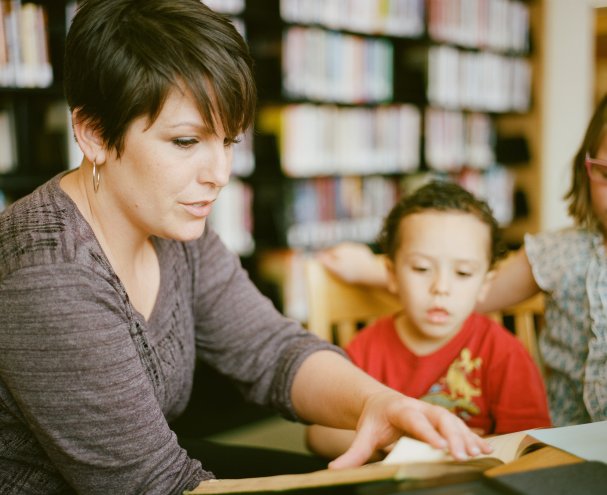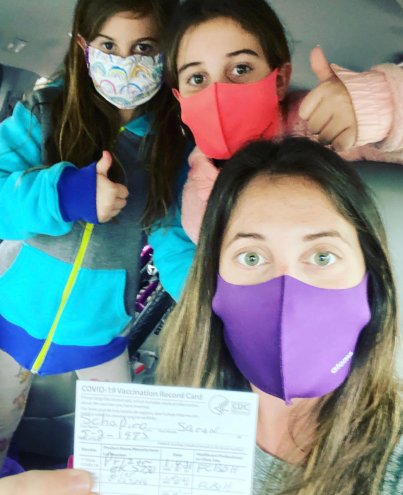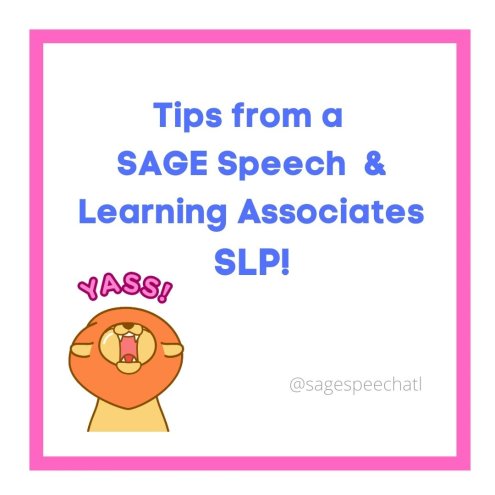Speech Therapy in Atlanta, Sandy Springs and Dunwoody , GA. Speak to a Pediatric Speech Therapist Now
Speech Therapy in Atlanta, Sandy Springs and Dunwoody , GA. Speak to a Pediatric Speech Therapist Now

At SAGE Speech & Learning Associates, we know that the best care for our clients comes from a collaborative approach. This…
Read More
At SAGE Speech & Learning Associates, we believe that early intervention is key when it comes to speech and language development,…
Read More
At SAGE Speech & Learning Associates, we are committed to providing personalized and specialized care for every child we serve. We…
Read More
Exploring the Benefits of Speech Generating Devices in Speech Therapy: Insights…
Read More
Has your school considered engaging SAGE Speech & Learning Associates? At SAGE Speech & Learning Associates, we recognize the vital role…
Read More
Fingers crossed, but it seems it that 2021 is shaping up to be a much better school year than 2020. We…
Read More
A Letter From Founder Saren Schapiro M.Sc., CCC-SLP Dear Colleagues, As the year rounds into the second quarter, I am touching…
Read More
Hello Clients and Friends, I want to thank you for being a part of our team in 2020. To have made…
Read More
Discuss with the child out loud/verbally what's coming next--"First we do this, then this, then this, then done/lunch/play/etc" Bundle-up…
Read More
This is a question we never imagined we would have to answer. SAGE Speech & Learning has pivoted to teletherapy services…
Read More